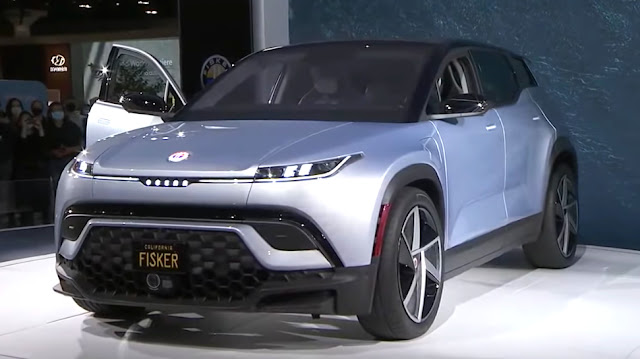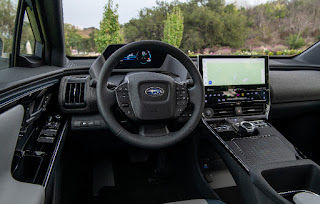Ford, in conjunction with Purdue University, is developing the next generation of charging unit cables that could ultimately result in charging times that are similar to gas fill-ups. The cables use liquid cooling to allow a speedy transfer of power since heat is one of the problems with the current (sorry for the pun) set-up. “Today, chargers are limited in how quickly they can charge an EV’s battery due to the danger of overheating. Charging faster requires more current to travel through the charging cable,” said Michael Degner, senior technical leader, Ford Research and Advanced Engineering. “The higher the current, the greater the amount of heat that has to be removed to keep the cable operational.
"This innovation could one day deliver significantly more power than today’s leading systems to re-charge electric vehicles, making the potential of faster re-charging times possible if vehicle charging and other technology enhancements are made in parallel. Ultimately, this could eventually lead to re-charging EVs as quickly as conventional gas station fill-ups." While there is work to be done, this bodes well for the future of battery-electric vehicles and public acceptance of electric vehicles.
“Electric vehicle charging time can vary widely, from 20 minutes at a station to hours on an at-home charging station, and that can be a source of anxiety for people who are considering buying an electric vehicle,” said Issam Mudawar, Betty Ruth and Milton B. Hollander Family professor of mechanical engineering, Purdue University. “My lab has come up with a solution for situations where the amounts of heat that are produced are beyond the capabilities of today’s technologies.” More to come...click on "read more" below to view the full media release.
Source: Ford - Media release, pics



























